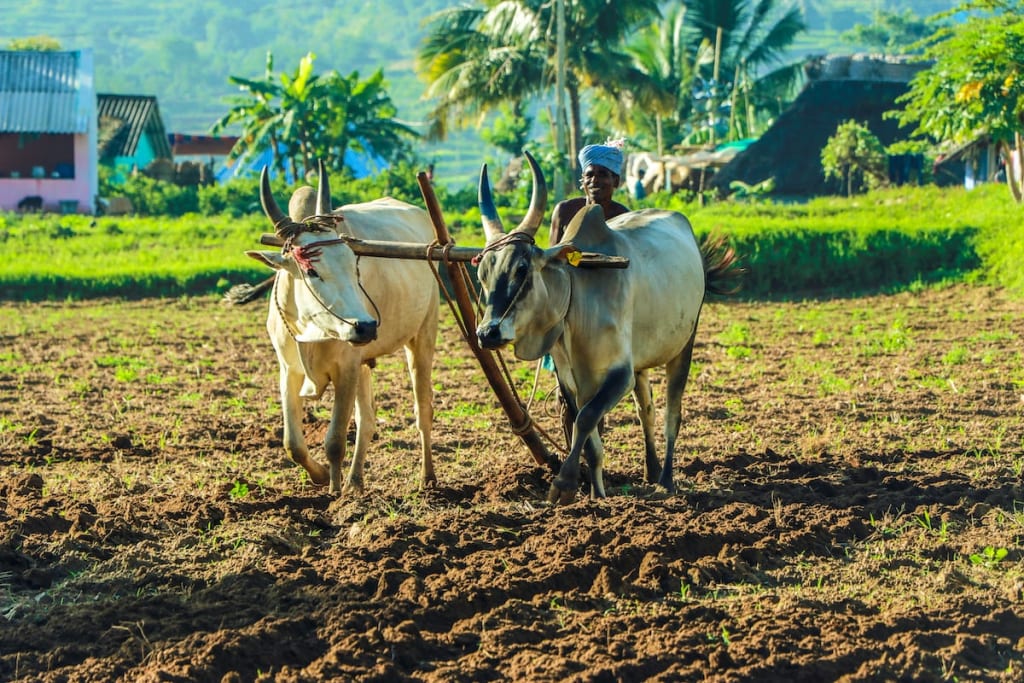
Tamil history is one of the oldest and richest in the world, with a recorded history spanning more than 2,000 years. The Tamil people have a unique culture, language, and traditions that have been preserved throughout their long and storied history. In this article, we will explore some of the key moments and figures in Tamil history, from the classical period to the modern era.
The classical period of Tamil history began around 300 BCE and lasted until the 4th century CE. During this time, the Tamil people established a number of powerful kingdoms, including the Chera, Chola, and Pandya dynasties. These kingdoms were renowned for their art, literature, and trade, and they played a major role in the cultural and economic development of South India.
One of the most famous rulers of the Chera dynasty was King Udiyan Cheralathan, who is said to have reigned in the 3rd century BCE. According to legend, he was a just and wise king who ruled over a prosperous and peaceful kingdom. He is also credited with building the ancient port city of Muziris, which was a major center of trade with the Roman Empire.
Another notable figure from the classical period of Tamil history is the poet Thiruvalluvar, who lived sometime between the 3rd century BCE and the 1st century CE. Thiruvalluvar is the author of the Thirukkural, a classic Tamil text that contains 1,330 verses on ethics and morality. The Thirukkural is still widely read and revered in Tamil Nadu and is considered one of the greatest works of Tamil literature.
The medieval period of Tamil history began around the 7th century CE and lasted until the 16th century. During this time, the Tamil kingdoms continued to thrive, and Tamil literature and art reached new heights of creativity and beauty. One of the most famous rulers of the Chola dynasty was Rajendra Chola I, who reigned from 1012 to 1044 CE. He is credited with expanding the Chola Empire to its greatest extent and launching a number of successful military campaigns in Southeast Asia.
Another important figure from the medieval period of Tamil history is the poet and saint Thirugnana Sambandar, who lived in the 7th century CE. He is one of the most revered saints in the Shaivism tradition of Hinduism and is said to have performed numerous miracles and conversions to the faith. His poetry, which is written in the classical Tamil language, is still widely read and admired for its spiritual depth and beauty.
The modern period of Tamil history began in the 17th century and continues to the present day. During this time, the Tamil people have faced numerous challenges and struggles, including colonization, discrimination, and political oppression. However, they have also made significant contributions to the arts, literature, and politics of India and the world.
One of the most famous figures from the modern period of Tamil history is the politician and social reformer E.V. Ramasamy, also known as Periyar. He was born in 1879 in Tamil Nadu and spent much of his life fighting for the rights of the Tamil people and promoting social justice and equality. He was a staunch critic of the caste system and of Hinduism, which he saw as oppressive and discriminatory. His ideas and activism continue to inspire people in Tamil Nadu and beyond.
Another important figure from the modern period of Tamil history is the writer and activist Subramania Bharati, who lived from 1882 to 1921. He was a prolific poet and essayist who wrote about a wide range of topics, from social justice to spirituality to the beauty of nature. He was also a strong advocate for the independence of India
and the Tamil people, and his writings inspired many to join the struggle for freedom.
Bharati was a visionary who believed in the power of education and the need for social reform. He wrote extensively about the importance of women's rights and the need to eradicate caste-based discrimination. His poetry and prose continue to inspire generations of Tamil people to work towards a more just and equal society.
In the 20th century, the Tamil people faced a number of challenges, including British colonialism, the Indian independence movement, and the Sri Lankan civil war. Tamil Nadu became part of independent India in 1947, but the Tamil people of Sri Lanka continued to face discrimination and political marginalization. This led to the formation of militant groups, such as the Liberation Tigers of Tamil Eelam (LTTE), who fought for an independent Tamil homeland in Sri Lanka.
The Sri Lankan civil war, which lasted from 1983 to 2009, was one of the most brutal conflicts in recent history. Both the Sri Lankan government and the LTTE were accused of human rights violations and war crimes, and the conflict left tens of thousands of people dead and displaced.
In Tamil Nadu, the struggle for political and economic rights continued throughout the 20th century. The state has produced a number of prominent political leaders, including M.K. Gandhi, C.N. Annadurai, M.G. Ramachandran, and J. Jayalalithaa. These leaders fought for Tamil Nadu's autonomy and worked to improve the lives of the state's people.
Today, Tamil Nadu is a vibrant and dynamic state that is home to more than 80 million people. It has a rich cultural heritage and is known for its music, dance, literature, and cuisine. The state is also an important economic center, with a thriving IT industry and a growing manufacturing sector.
In recent years, there has been a renewed interest in Tamil history and culture, both within Tamil Nadu and around the world. The Tamil diaspora, which includes millions of people living outside of India, has played a key role in promoting Tamil language and culture.
Overall, Tamil history is a testament to the resilience and creativity of the Tamil people. Despite facing numerous challenges and setbacks over the centuries, they have managed to preserve their unique identity and culture. Today, the Tamil people continue to play an important role in shaping the future of India and the world, and their contributions are sure to be felt for many years to come.





Comments
There are no comments for this story
Be the first to respond and start the conversation.